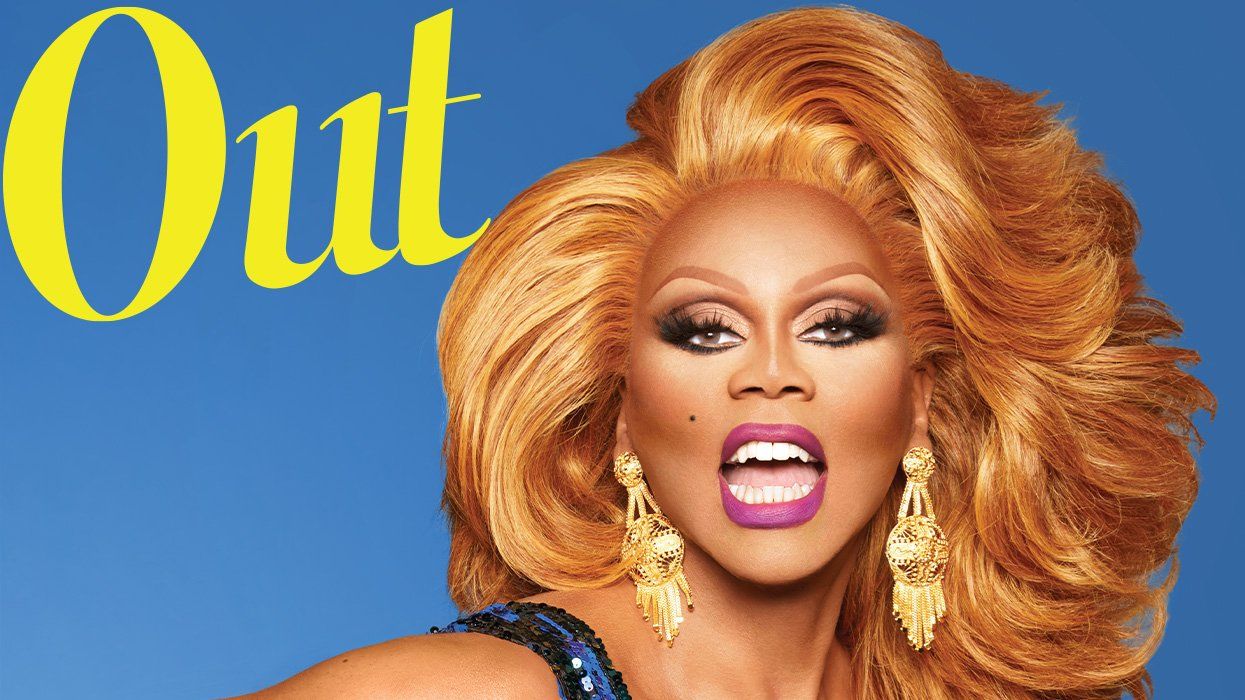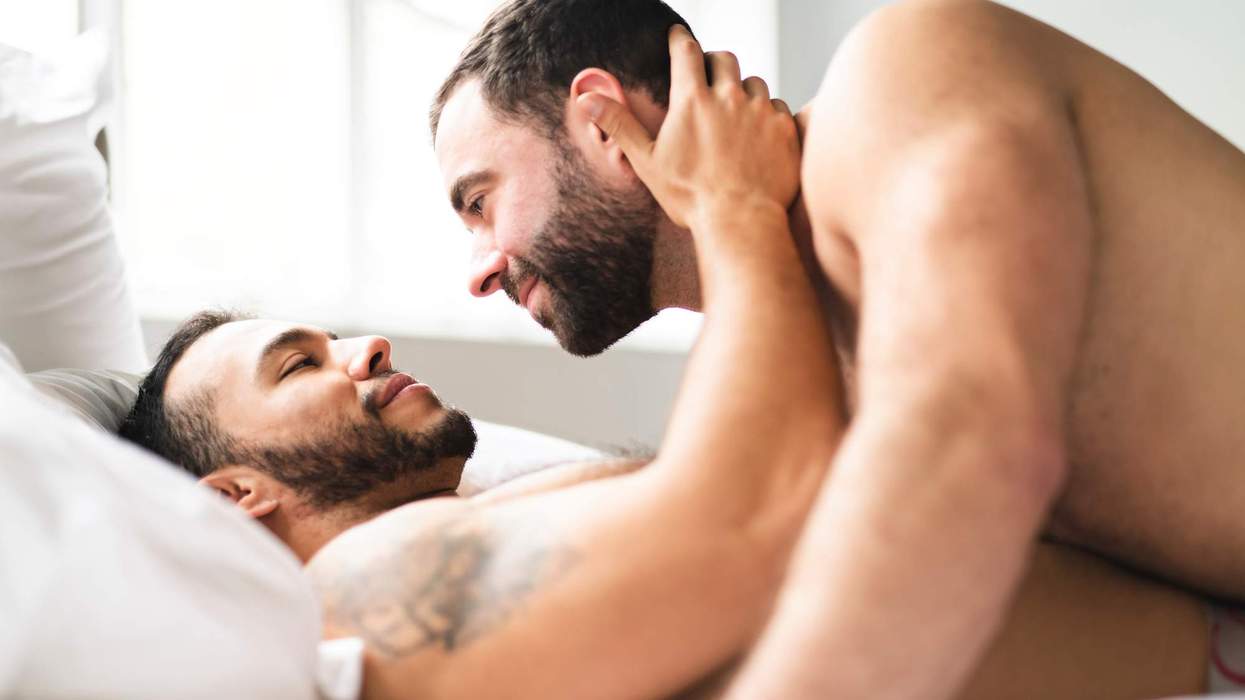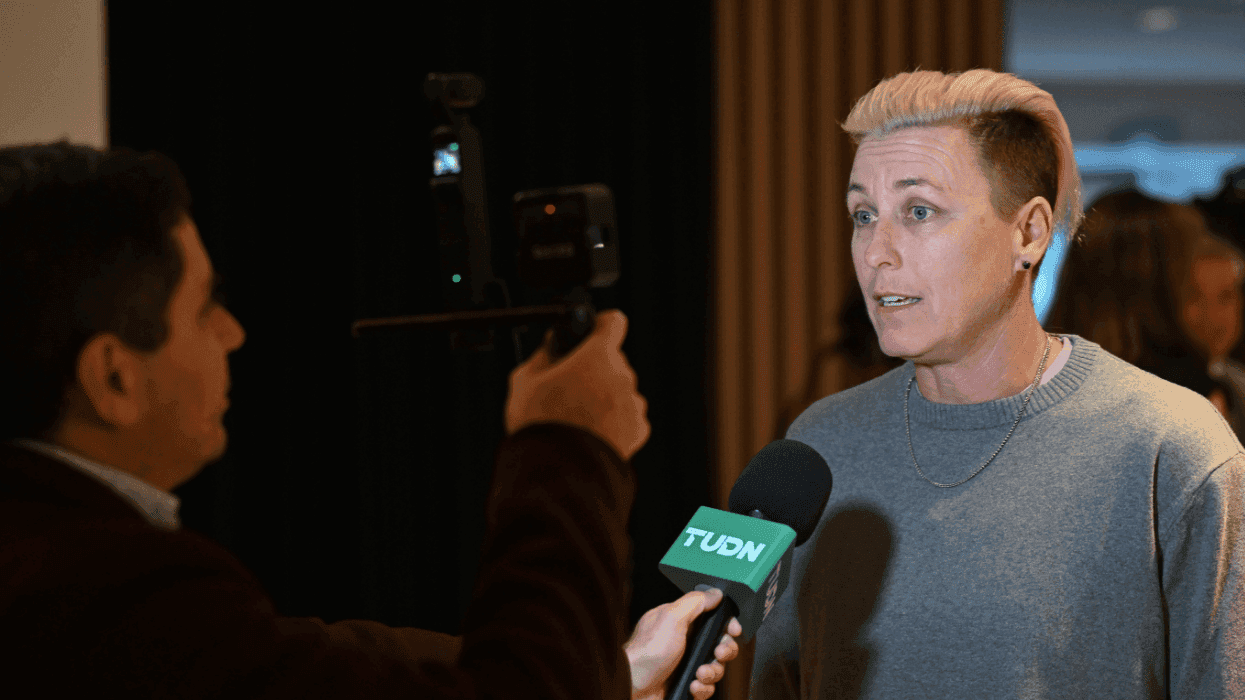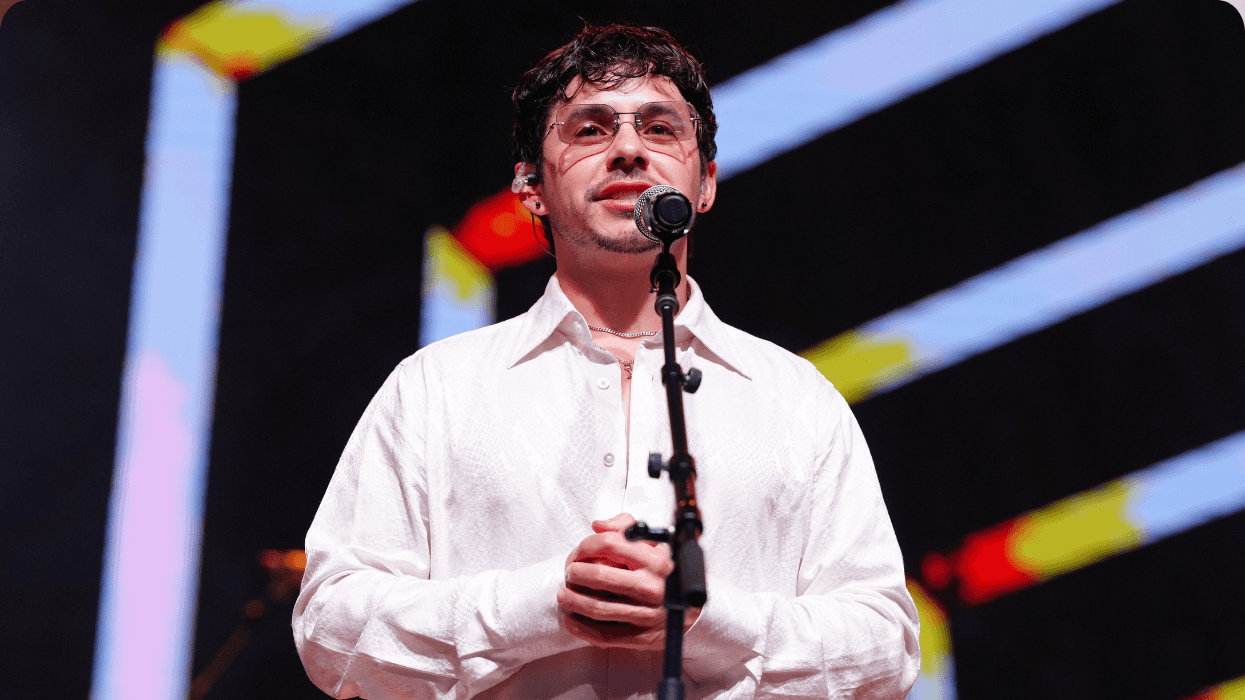RuPaul is the world’s most famous drag queen, with a reality competition queendom beloved by millions of viewers internationally. But his first and most important audience, as he reminds himself during his dressing-room rituals, was a party of one.
“My mother loved it every time I performed for her,” RuPaul writes in his new memoir, The House of Hidden Meanings, which recounted how his first stage was in his childhood living room with impersonations of Tina Turner and Carol Burnett. “When I go onstage now, I remind myself, like a little mantra before the cameras roll or the curtain lifts: It’s just Mama’s living room.”
Mantras are part of the gospel of RuPaul, pearls of wisdom mopped from others as well as his own lived experience. They hold up a middle finger (“If they ain’t paying your bills, pay them bitches no mind”); provide perspective (“Don’t take life too seriously”); and sometimes, they near divine revelation (“We’re all born naked, and the rest is drag”). He calls them “the universe’s stage directions” that helped him stay alive, a guide he passes on in his own memoir.
“I’ve always loved biographies and memoirs,” RuPaul says. “Even at 10 years old I didn’t read young adult [books], I went to memoirs and biographies because I wanted a road map for life. I read this book, Kate, about Katharine Hepburn; I was so moved by how courageous she was. I thought if I lived long enough to give interesting and useful advice to young people looking for that kind of direction, I would do it.”
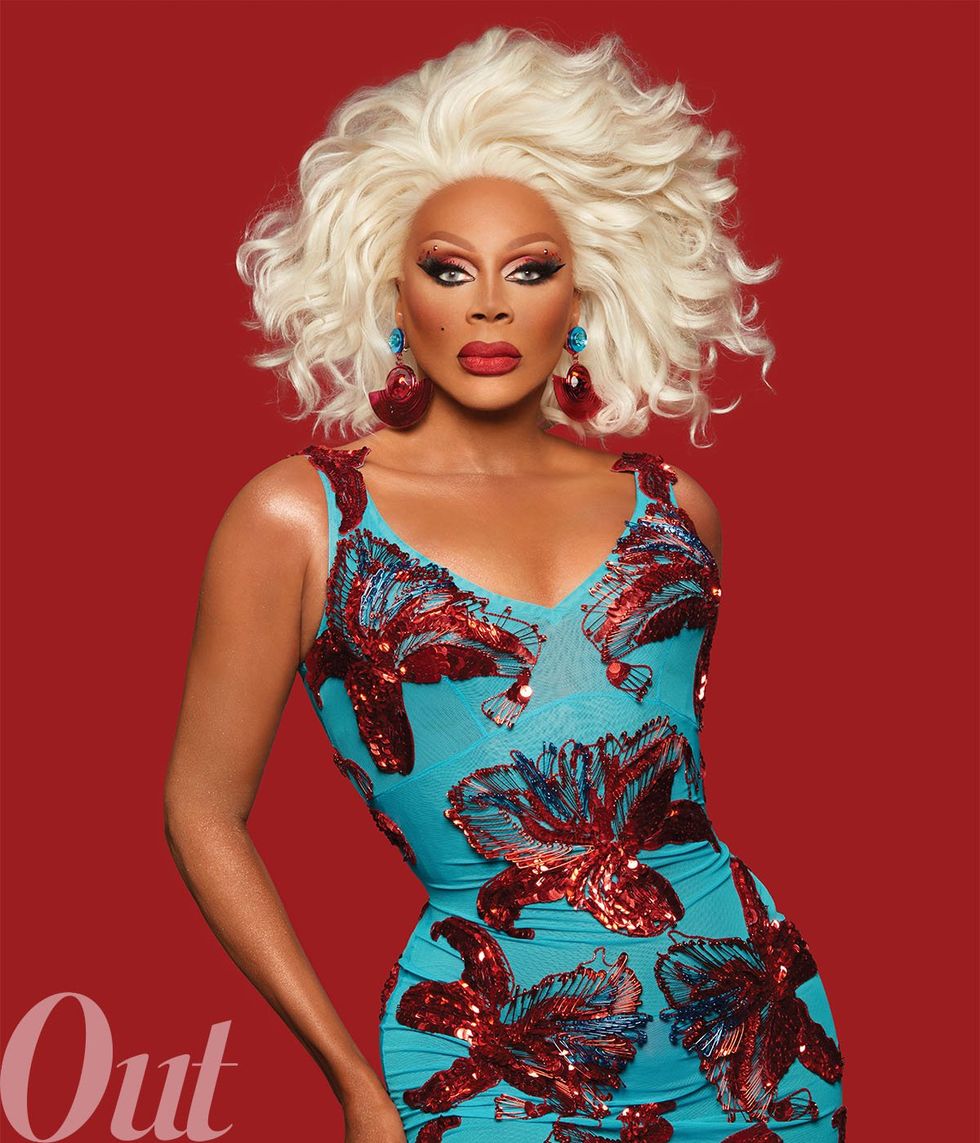
Do it he has. The House of Hidden Meanings, published March 5, reframes his famous exit line from the Emmy-winning reality competition RuPaul’s Drag Race: “If you can’t love yourself, how in the hell are you gonna love somebody else?” In another sense, how in the hell can you love yourself — when so many in the world insist that you shouldn’t be loved?
RuPaul shows a path. The House of Hidden Meanings, which charts RuPaul’s youth through his early fame following the 1992 release of “Supermodel (You Better Work),” is a book about family, showcasing a childhood plagued by parental “vampiric drama.” Ernestine, a progressive but “stoic” mother, is unmoored by her husband’s cheating and eventual leaving (she once threatened to set fire to a car in front of the neighborhood, à la Waiting to Exhale). She becomes “checked-out and unavailable” from raising a young RuPaul after the separation. Irving, a “charmer” but an absent father, showers love on RuPaul’s sisters while neglecting to show up for his son.
While this story is personal, the San Diego native stresses how his family’s history — as descendants of freed slaves and members of the Great Migration of Black people from the South to the West Coast — is intertwined with America’s history.
“What happens with people…well, let’s stick with Irving,” RuPaul says. “Too much joy and exuberance can bring up a lot of hurt. Black people in this country have been so marginalized and demonized; it does a number on our psyche. If you haven’t done the work to get in touch with that rage and release it — a rage that is justifiable, by the way — you end up pushing it deep, deep down. A lot of times, if you open up that door to joy and open yourself up, that rage can also come out. I’ve had to work through that myself. I’ve had to get really angry before I was able to experience joy. I think that’s why my father was so afraid of me.”
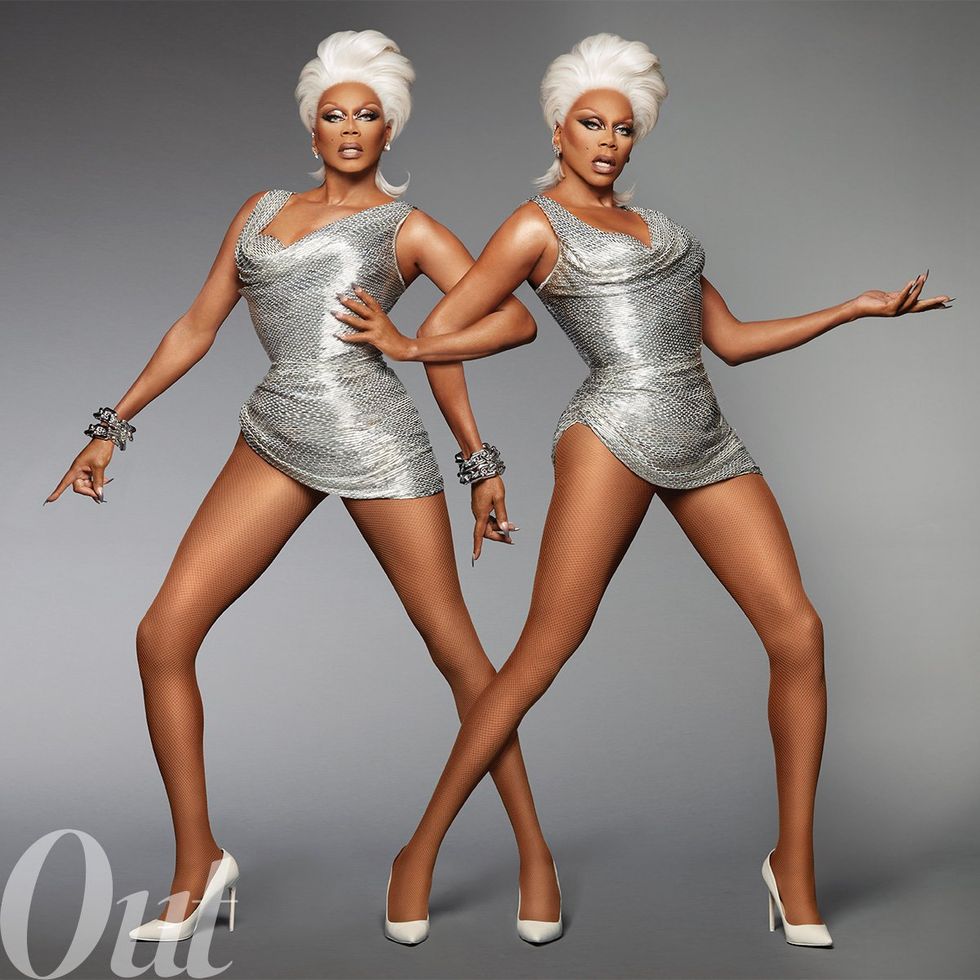
As a young outsider, RuPaul was an astute observer of Black and gay life. In Atlanta, where he moved with his sister and brother-in-law as a teenager in the ’70s, he can’t make sense of a religious Black community that can code-switch between purported piety and, say, visiting a brothel with transgender sex workers. And RuPaul can’t relate to white gay men in San Diego who can easily pass as straight.
“I was confused. My understanding was that every gay person had the same experience that I did,” he explains. “I felt that thinking outside the box had to do with being gay, but that really wasn’t the case. As I got older, I realized that there were different experiences. When I found my true tribe, what we had in common was thinking outside the box. We were bohemians who recognized that the emperor wasn’t wearing any clothes. Our creed was ‘Don’t be fooled by the superficial, get to the realness.’”
Even after finding some early fame and success, RuPaul would still “cross paths with masculine white gay men who looked at [him] with a kind of seething hatred, a self-loathing turned outward; their internalized homophobia like a sneer of contempt,” he writes.
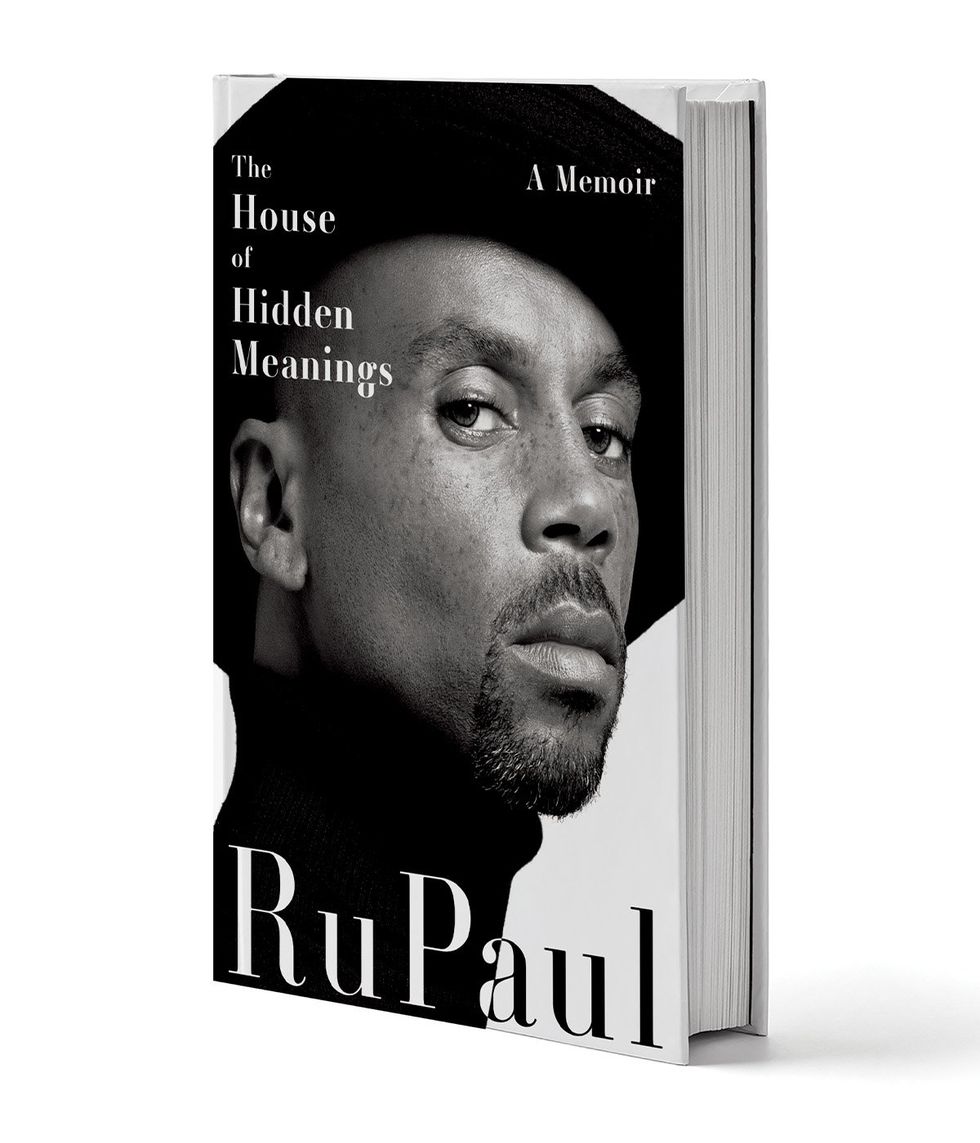
This much is clear in the book: it’s miraculous that RuPaul survived, found love, got sober, and achieved success. He’s like a glitch in the matrix. But the memoir doesn’t leave room for unresolved grudges, just life lessons. When people treat him poorly, RuPaul finds the grace to see things from their perspectives. This applies to traumatic experiences, like parental neglect, and also to more casual interactions, like a cold shoulder from a newly famous Madonna, who hurled “a snarl of contempt at the sight of me” when he entered the break room of the Pyramid, a New York City club where he was dancing at the time. But RuPaul sees how “the world ran on a system where sex conferred power, and [Madonna] had become a big star by seizing control of her sexuality. But that also meant she [had to size up] everyone she encountered.”
“[So many] people tell their stories without any 20/20 wisdom of what each situation actually meant,” RuPaul says. “I wanted to dissect them and go, ‘This is what I thought it was, but looking back, this is what it really was.’ I wanted readers to keep their eyes open. You’re never more than three feet away from the universe’s stage directions if you’re open to them.”
As a “student of David Bowie” since age 13, RuPaul references Bowie’s 20/20 interview about playing John Merrick in The Elephant Man on Broadway. While critics at the time praised Bowie for contorting his body to convey Merrick’s deformities, Bowie talked about the humanity in Merrick, calling him “brave” and “extraordinary.” RuPaul’s book also lauds Diana Ross as an artist whose talents delivered an important message to the world: “You don’t have to be afraid of us, white people. We can be everything that you can be, and more.”
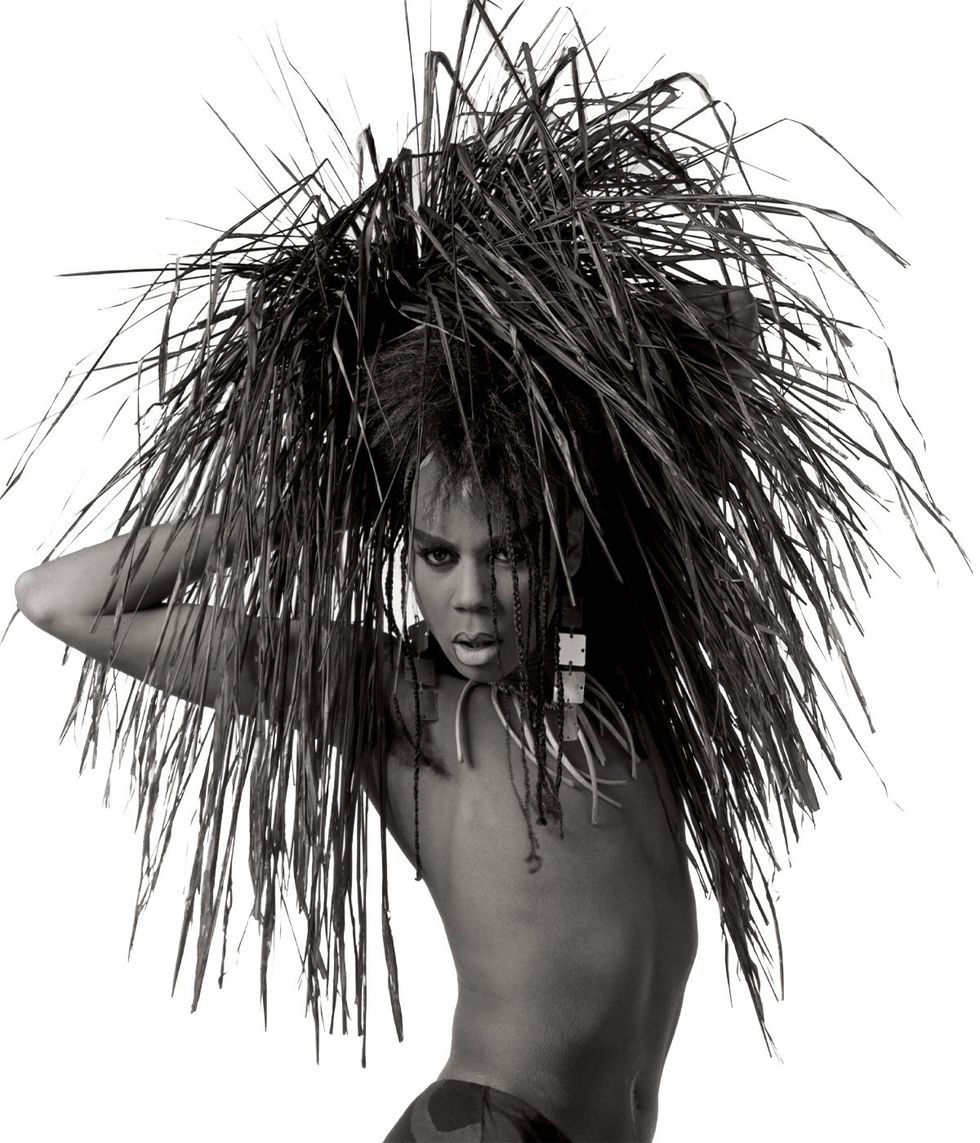
From getting cast to play a drag queen character in a high school production of a Tennessee Williams play, to exploring genderfuck drag inspired by the androgyny of artists like Bowie and Cher, to finally achieving his well-known high-femme aesthetic — originally described as “somewhere between ‘Black hooker’ and ‘Soul Train dancer’” and now referred to as his “Glamazon” look — there’s a timelessness to the writing in The House of Hidden Meanings that feels like listening to an ABBA song. Upon hearing that description, RuPaul passionately replies, “That is the greatest compliment I could ever get.” Moreover, the through line in the book echoes “I Started a Joke” by the Bee Gees, a mention that gets RuPaul a little emotional.
“That song speaks to the loneliness of an outsider. Everyone seems to be having a good time, except for the protagonist in the song,” he says. “Every outsider feels that way, especially when you put your heart out there and it’s not reciprocated. That’s the fear of every dreamer: that you send a message and it’s heard by no one. That’s how I felt as a kid growing up in San Diego.”
Unfortunately, RuPaul wouldn’t find his tribe for a few decades. He also wouldn’t meet his lifelong partner and eventual husband, Georges LeBar, until January 1994. RuPaul and Georges met by chance, on a random Monday night, on the dance floor of Limelight, a storied and now-defunct club once frequented by NYC’s Club Kids and It Crowd. Asked if he remembers which song was playing when he met Georges, RuPaul says, “It wasn’t this song, but in my mind, it was ‘100% Pure Love’ [by Crystal Waters]. That was a big song around that time. We met before that song came out…. But yeah, in my mind, it was that. Georges loves music too. It’s a huge part of our lives.”
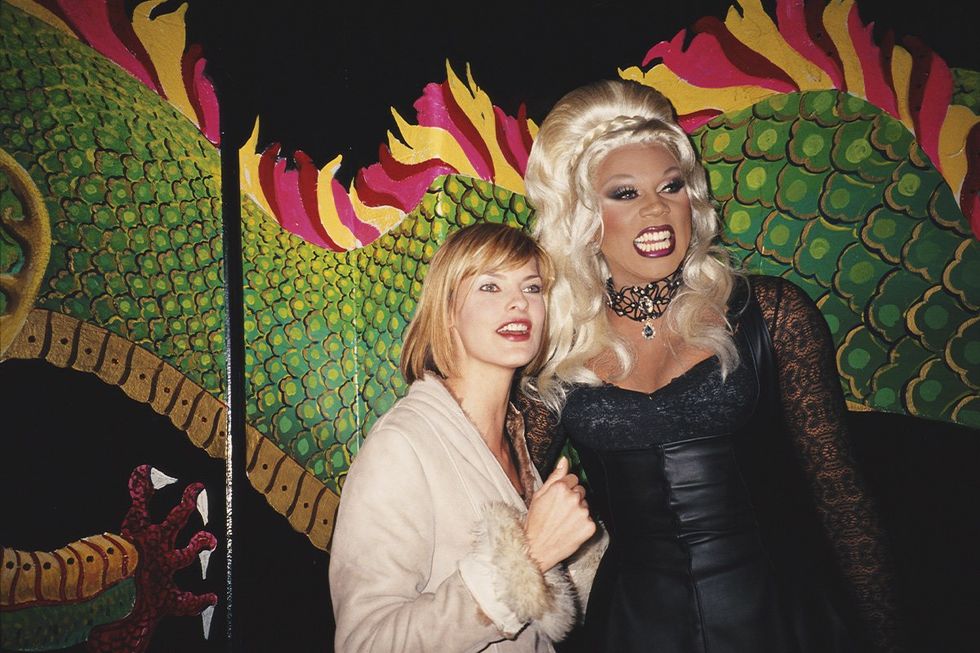
Indeed, music played a pivotal role in RuPaul’s life and career. He wrote his first song when he was 9, and his early entertainment career in Atlanta began with music performances on local TV and nightlife. Whereas Hollywood initially didn’t make room for a Black drag artist like RuPaul, the music industry was more inclusive of people who broke molds. But even after releasing 15 studio albums and cementing songs like “Supermodel (You Better Work),” “Cover Girl,” “Adrenaline,” “Born Naked,” and “Sissy That Walk” into bona fide hits in LGBTQ+ spaces for over 30 years, there are still those who pejoratively refer to these songs as “Drag Race songs” — a label also assigned to original music released by talented vocalists from the show.
But music has always been RuPaul’s truth. In a recent release from his 2023 album Black Butta, “Pink Limousine,” RuPaul sings about being in a “prison of my hometown” and reflects on how “silly of me, sitting [and] waiting for my ride when I knew I had to take mine.” When asked how his songwriting skills may have influenced the memoir, RuPaul is taken aback.
“No one ever talks about me as a songwriter, and it’s something I am so proud of,” he says. “The fact that you have brought it up is very kind; I really appreciate it. But the truth is that it means everything to me. I fucking love music. It’s more than just an escape; it is my connection to the spiritual realm. It’s my church, my sanctuary. The first thing I do in the morning is put on music. It’s always on.”
“The first time I recorded a song that I wrote was over 40 years ago,” he continues. “I was always interested in how a songwriter crafts a great pop song, and I’ve learned so much about myself [through that curiosity]. It goes back to why I did this memoir: If anyone is looking for a voice through all the noise and bullshit that is hurled at us, I want them to know that there is a way to find their true voice. A lot of times, it makes people very uncomfortable if you say things directly, so you have to say them in a metaphor. With songs, you want to tickle the ear, turn a phrase in a way that’s clever.”
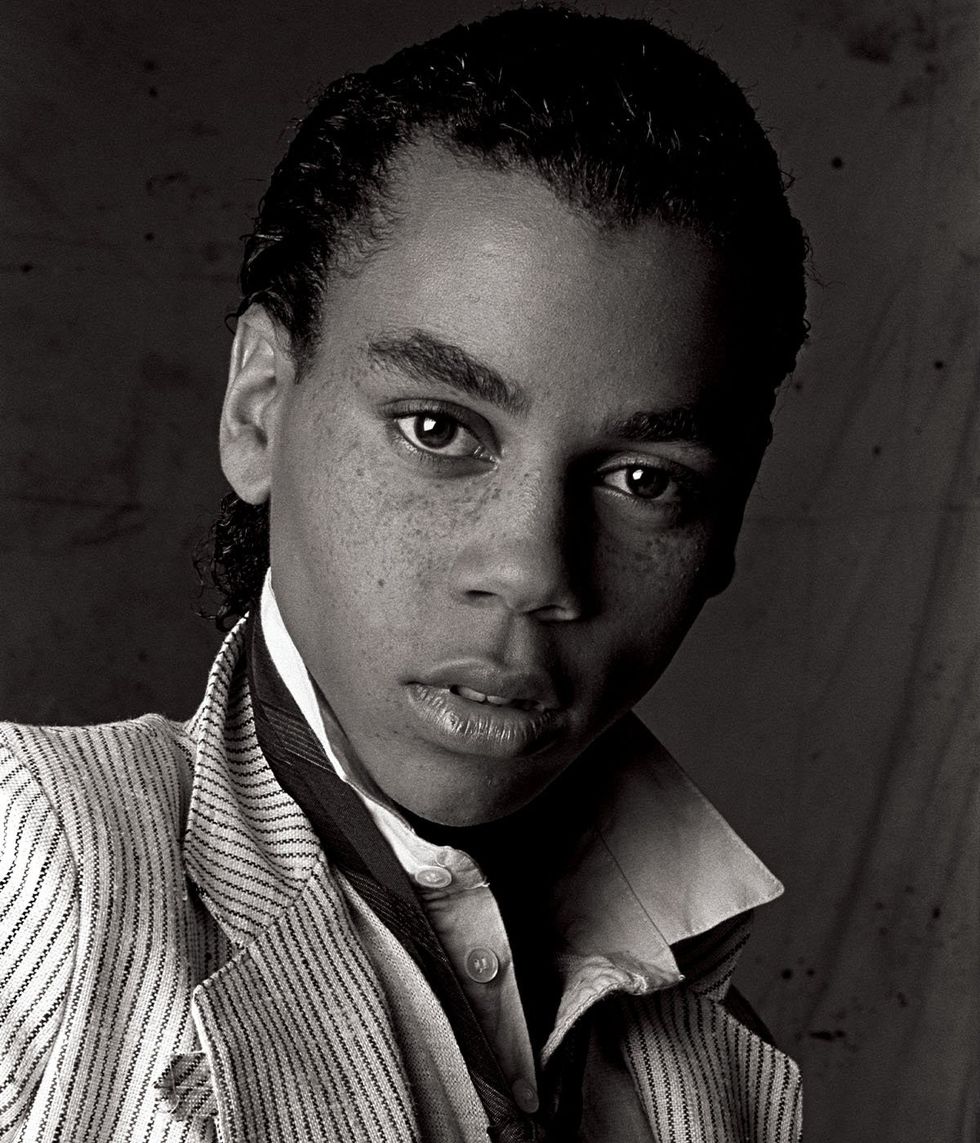
Even for a show that’s always been political and reminds fans to register to vote during each episode, the 16th season of Drag Race seems even more emboldened in 2024, a U.S. presidential election year. Namely, this season has featured challenges calling out the GOP and making fun of allegedly closeted politicians (hi, Lady G!). How does RuPaul see Drag Race’s impact during an election year?
“Drag has always been revolutionary, not just because of politics, but because of what it says about the human experience,” RuPaul says. “This has been said through the shamans, witch doctors, and court jesters: ‘Don’t take yourself too seriously. This life is an illusion.’ Now, there are things to take seriously, and those things are kindness, love, and sweetness. These kids come on our show and talk about their lives — their courage, strength, and damaged hearts. A lot of these kids come from really awful places, but they somehow found a community to lift them up, have fun, and enjoy life. That’s the message.”
When asked in past interviews about being a role model, RuPaul has consistently answered that his goal was never to become one. However, his perspective has shifted.
“It’s funny. I know I did say that,” RuPaul says. “Looking back, it’s more accurate that I wasn’t prepared for the part about people looking at me for that. But I was very prepared [to be a role model]. I’ve always been spiritual, and I’ve looked for hidden meanings underneath the clues, like a detective. I’m well-suited for the job of a role model. It’s just kind of claustrophobic, though, because I have to be very conscious of what I say and what I do. I guess that hasn’t been too difficult for me, but I am conscious of the fact that I’m being watched.”
“It’s actually an honor, honestly, to be a role model. The trials and tribulations I’ve been through, the wisdom I’ve collected from people smarter than me, and the fact that I am now able to pass that on to other people. My goal isn’t to teach the world, but to remember it for myself. And in remembering, someone else could get some wisdom out of it.”
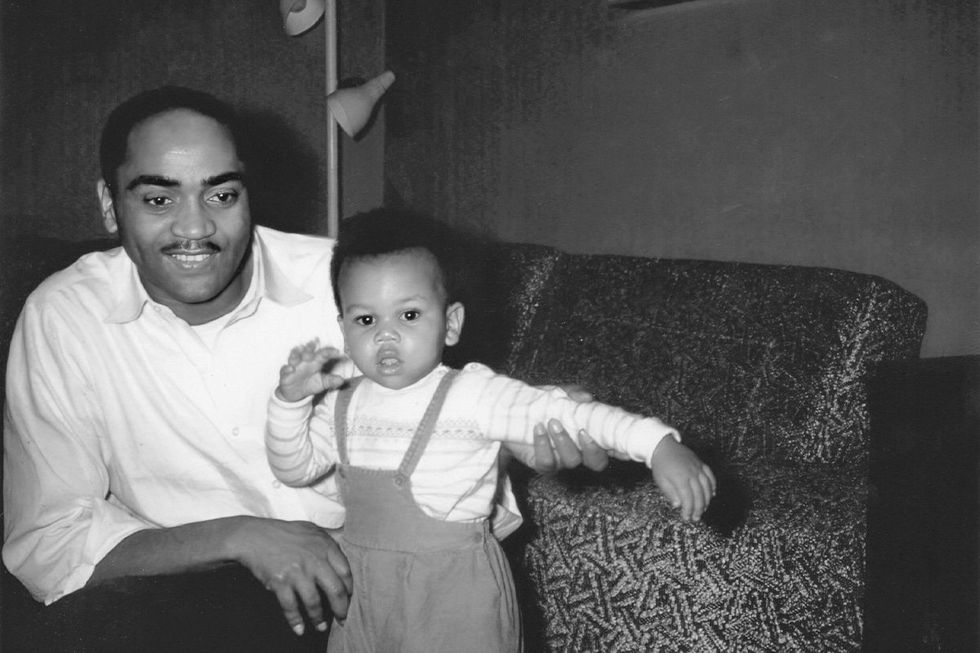
In the memoir, it’s revealed that RuPaul’s mother finally got her driver’s license at age 52 and bought a car, starting a fresh chapter in life. Does RuPaul, at 63, have his own driver’s license goal in mind?
“I have to think about that,” RuPaul says with a laugh. “You know what? The most difficult part of being in show business this long is staying interested. My natural self is an introvert. I knew from an early age that my destiny was to be an extrovert onstage, but my biggest challenge has been to stay interested. I am still interested in it, but there’s that sort of voice in the back of my head that says, ‘Maybe I need to stay home.’”
After a brief pause, RuPaul adds, “My mother bought that car when she was 52 and learned how to drive in it. I still have that car today…. Of course, it still runs, because it’s a Volvo, and they were built to last. That’s another lesson from that story: being built to last, being built to stay with it. I keep the car as a reminder that I was built to last.”
Following a Drag Race tradition, I ask RuPaul to look at a picture of himself as a little boy, as seen in the first few pages of The House of Hidden Meanings, and tell us what he would like to say to baby Ru.
“That’s interesting. I’ve thought about that, because every time we do it on the show, you can’t help but think about it. I would say, ‘You are blessed. You are anointed. Don’t forget that. Do not forget that you are here for a reason. You are taken care of.’ You know what, Bernardo, I’ve always been taken care of, even in the darkest times. But somehow, some angel would show up in human form and say, ‘Hey, you, come here.’ It’s always been that way, and I never forget it. I’ll never forget it.”
The House of Hidden Meanings (HarperCollins Publishers) is out now.
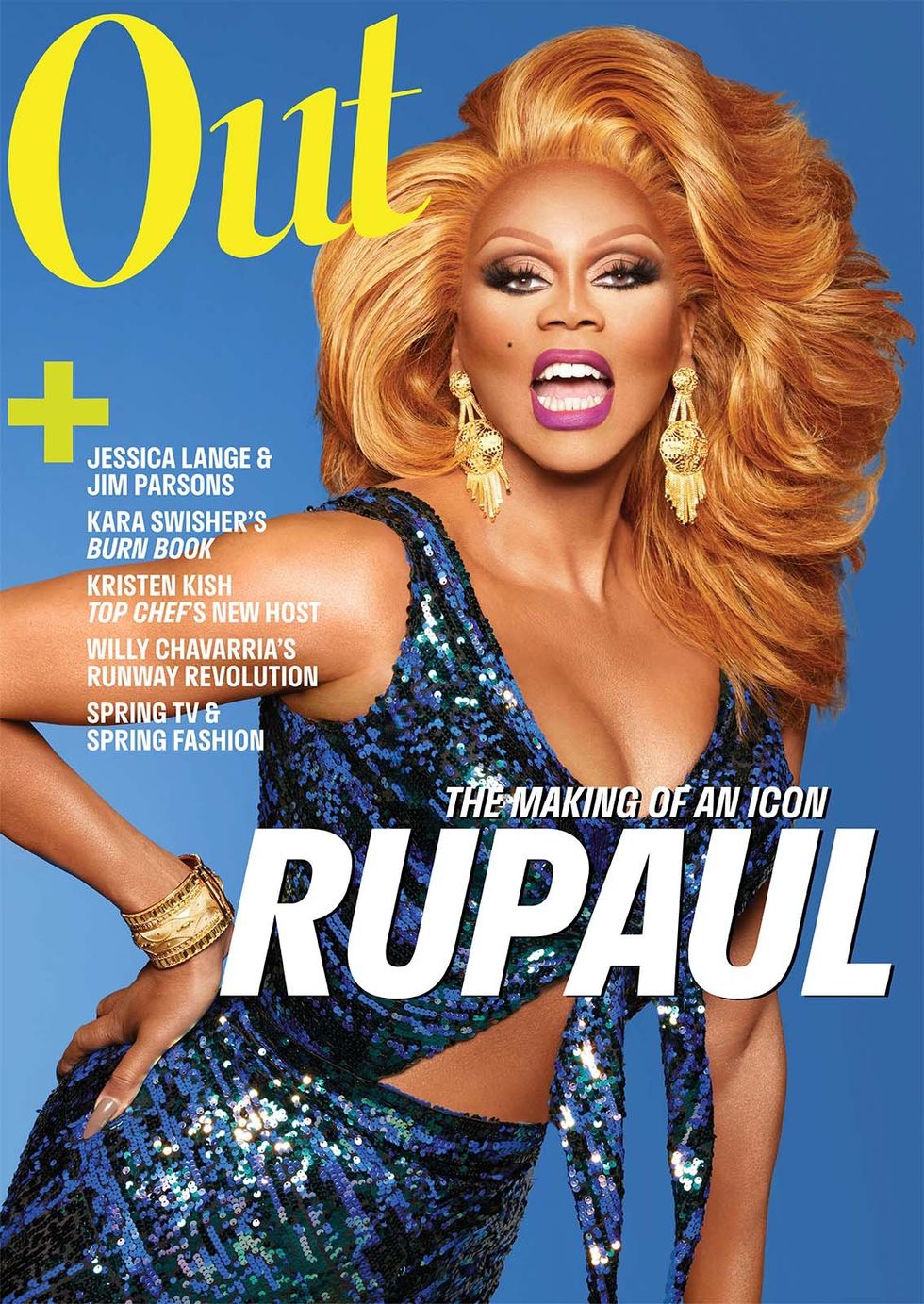
This cover story is part of the Out March/April issue, which hits newsstands on April 2. Support queer media and subscribe — or download the issue through Apple News, Zinio, Nook, or PressReader starting March 18.


